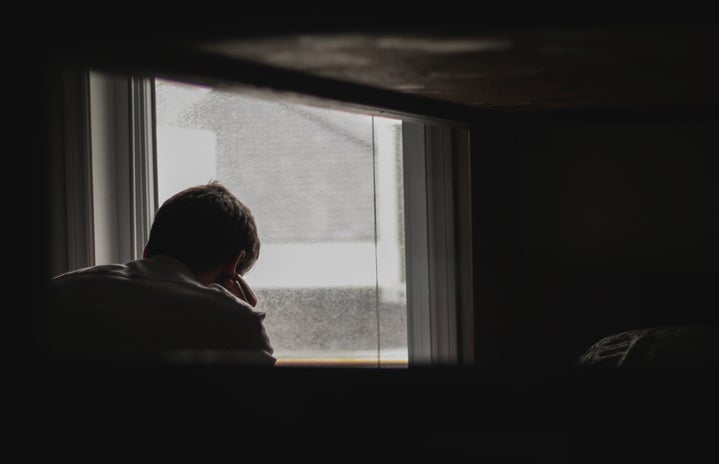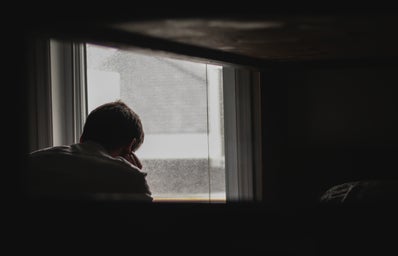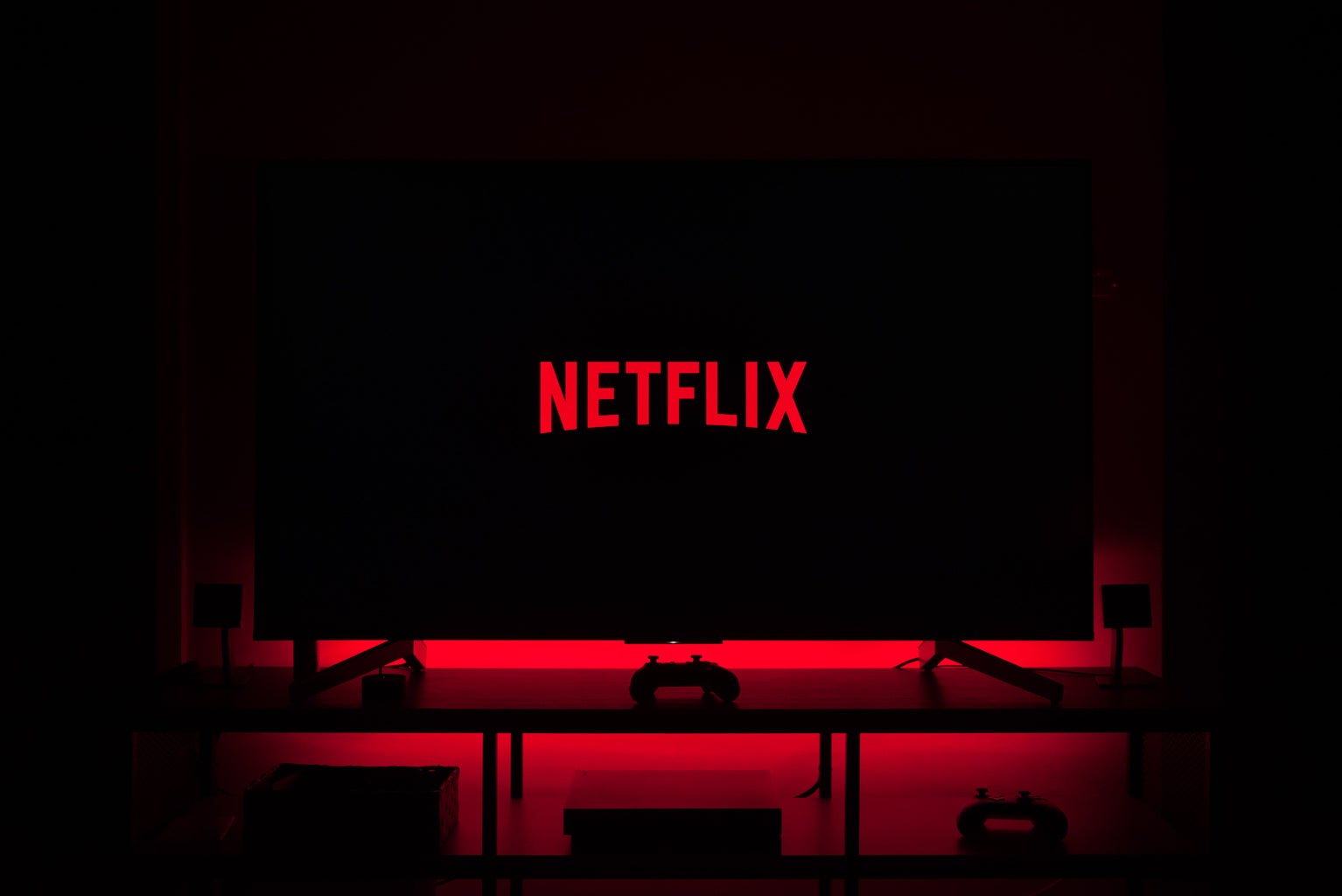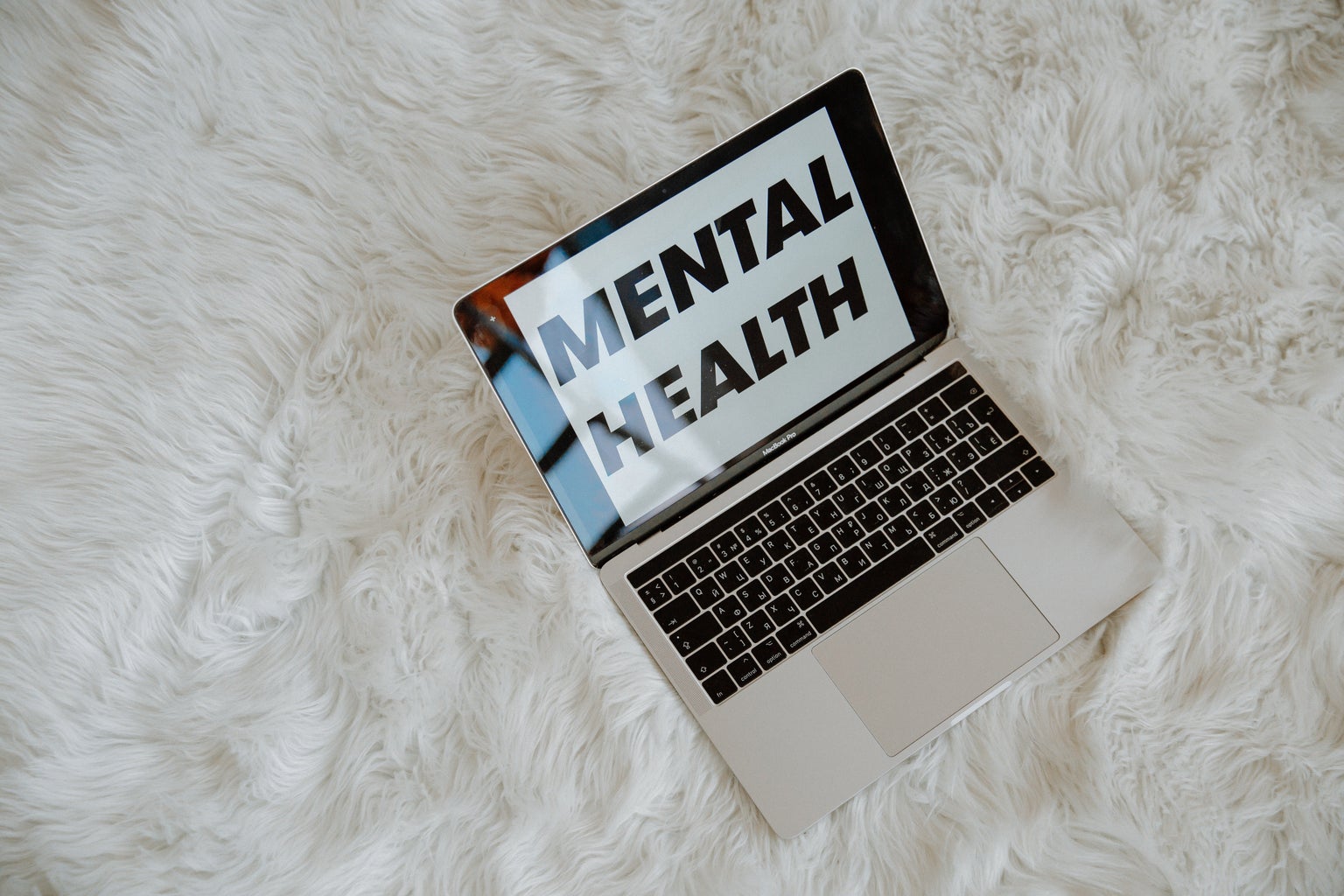(Content warning: in this article, I will mention shows that contain depictions of mental illness, sexual violence, depressive episodes, and suicide.)
I’ve been living with my co-op roommates for about three weeks now, and I think we’ve watched just about every show in existence. In our search to find something to entertain our eyeballs, we stumbled upon Degrassi: The Next Generation. You know, that Canadian show from twenty years ago that featured Drake before he was Drake, and incorporated just about every plot twist you could possibly imagine? Since I’m always up for a soapy teen drama, it definitely hit the spot. I quickly began to notice, though, just how many important topics the show explored: bullying, school shootings, teen pregnancy, and most prominently, mental health. As a mental health advocate, I believe that the most important step towards achieving proper mental health care for all is to dismantle the stigma surrounding mental illness. So, I have to say it: I hate when shows use teen mental health as a plot device. I can’t stand it.
Now, let me be clear: it is essential that teen mental health is discussed in the media that children and teens consume. Opening that dialogue is a huge part of smashing the stigma surrounding mental illness. Where most television shows fail is in the delivery; rather than raising awareness and starting meaningful conversations, shows use teen mental health to add to the drama and shock value of the plot. Through this portrayal, shows make it seem as though very real mental conditions (depression, anxiety, trauma, etc.) can somehow be scripted. Take 13 Reasons Why, for example. The show covered a multitude of different issues, from teen suicide to sexual violence, and it never held back. While many viewers likely resonated with the experiences of some of the characters, it was still a piece of scripted media. Though it might feel relatable, it will never actually come close to the real thing. Simulated traumatic experiences do not compare with real ones.
The fact that so many shows choose to cover teen mental health, and the fact that so many young audience members are able to relate to it, reveals a startling truth: mental illness in teenagers is all too common. Therefore, as I have mentioned, it is an essential topic of discussion. What seems strange to me, though, is to make teen mental health the main plot device of a show without exploring the more general societal causes for mental illness. Television shows want to be as shocking, unexpected, and entertaining as possible. It’s how they keep their audience interested. By romanticizing mental illness and dialing up the drama, shows tend to ignore the very real causes of mental illness in teens that might not be as “glamorous”. In 13 Reasons Why, Hannah had a whole list of specific traumas that contributed to her death. Never did the show explore the more common, more general issues that could cause that same level of pain, like family pressures, heavy workloads at school, stress from jobs, financial issues, or pressure to get into college. Why? Probably because those topics would not be as shocking or as dramatic as the made-up scenarios. Of course, 13 Reasons Why is not the only example. Most teen dramas today have made a terrible habit of doing this. By making their portrayal of teen mental illness so hyper-focused on such dramatized, scripted, and specific issues, the shows seem to dismiss depression or anxiety caused by more general issues as “less intense”. Fictional shows or movies, tell stories that someone wrote. The fact that a made up story can make viewers feel like their own real pain isn’t worth attention or help is heartbreaking and dangerous.
Mental illness is so much more than a plot device. It is something that people all over the world are learning to cope with and live with every day. Television shows, especially shows intended for teen audiences, should be careful when discussing mental health. If you cannot portray mental illness accurately and respectfully, provide specific trigger warnings before heavy episodes, or provide proper mental health resources to your audience, then you are not responsible enough to feature teen mental health in your program. If a show makes even one person feel devalued, scared to speak up, or triggered in any way, it is dangerous. We must give more thought to the content we put out into the world. You never know how it might impact the people who are watching. Television shows have a responsibility to start real conversations about the issues they explore, and to contribute to the fight against the mental illness stigma. If adding to that stigma is all they are doing, then the show undoubtedly does more harm than good.
Looking for mental health resources? You aren’t alone. Visit https://www.mass.gov/guides/finding-mental-health-support-in-massachusetts#-unsure-what-your-needs-are?-try-these-resources.- for support.
Can’t get enough of HC UMass Amherst? Be sure to follow us on Instagram, listen to us on Spotify, like us on Facebook, and read our latest Tweets!




